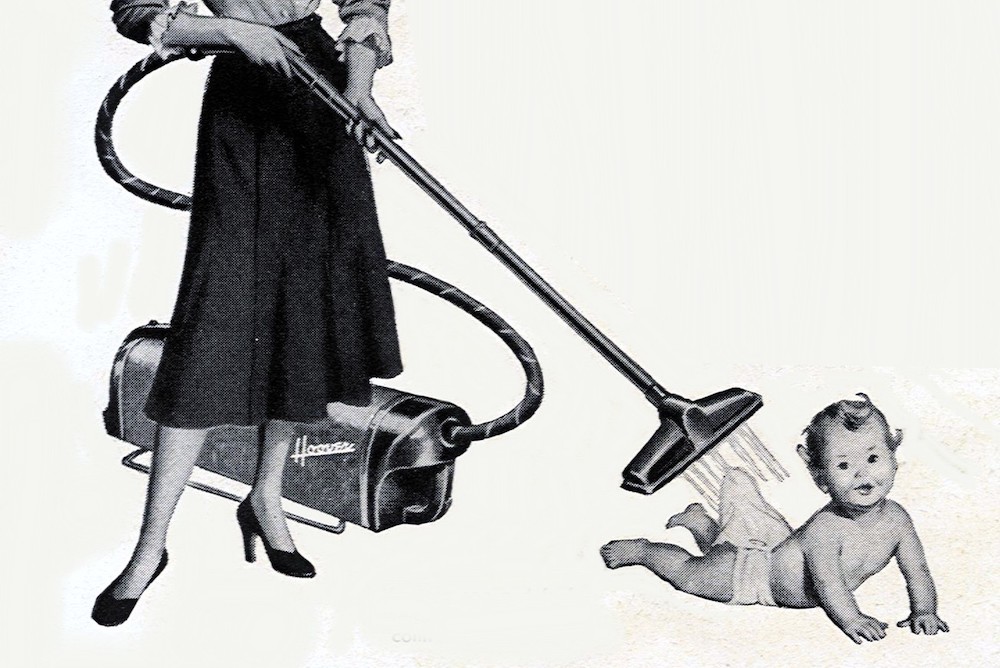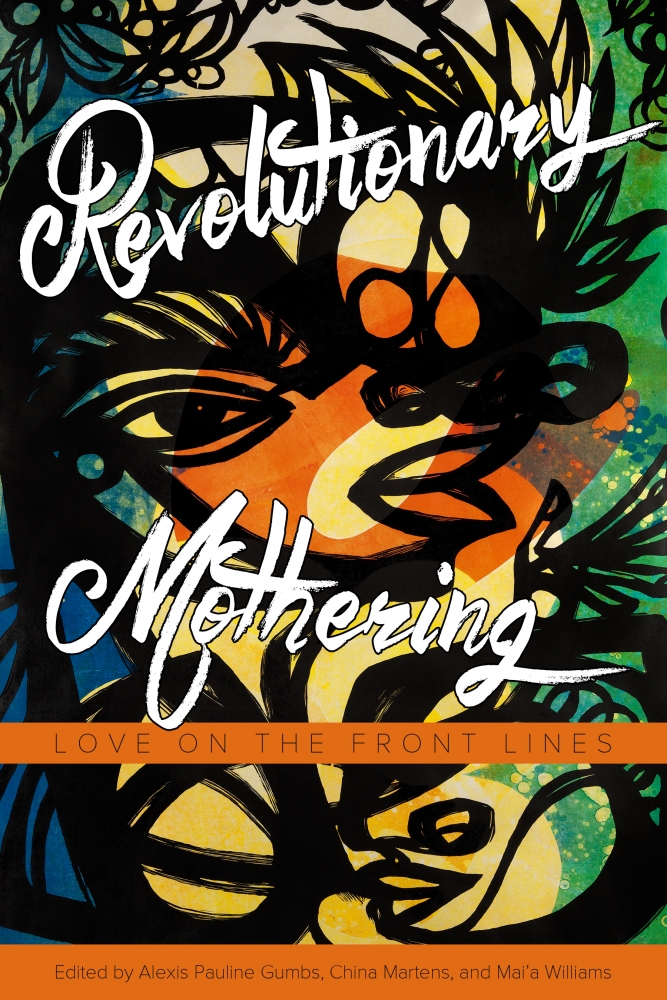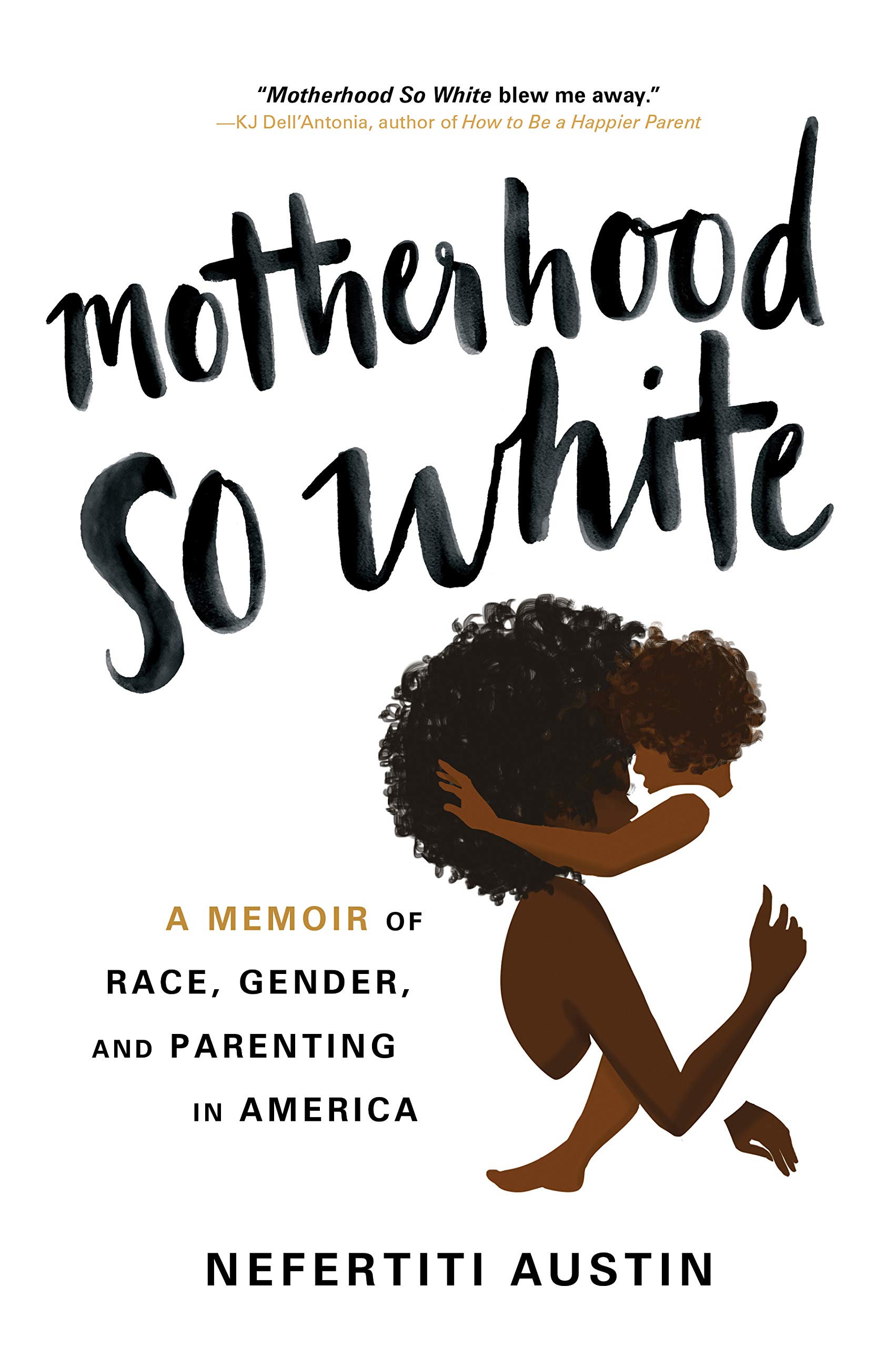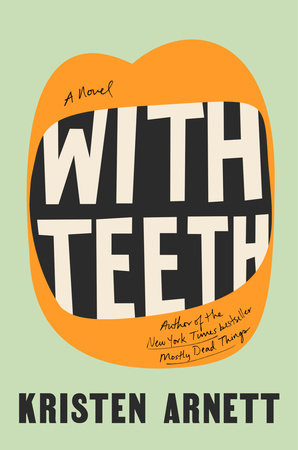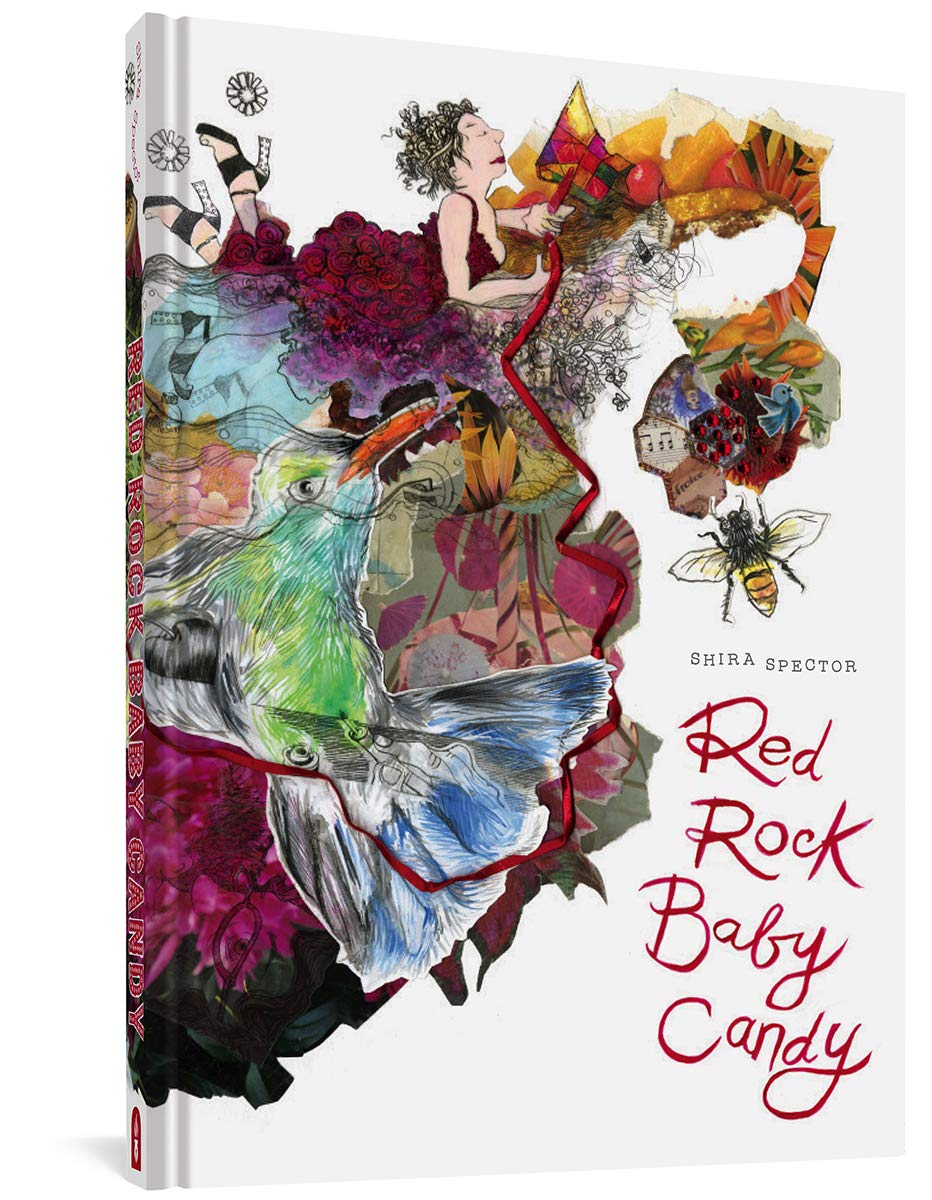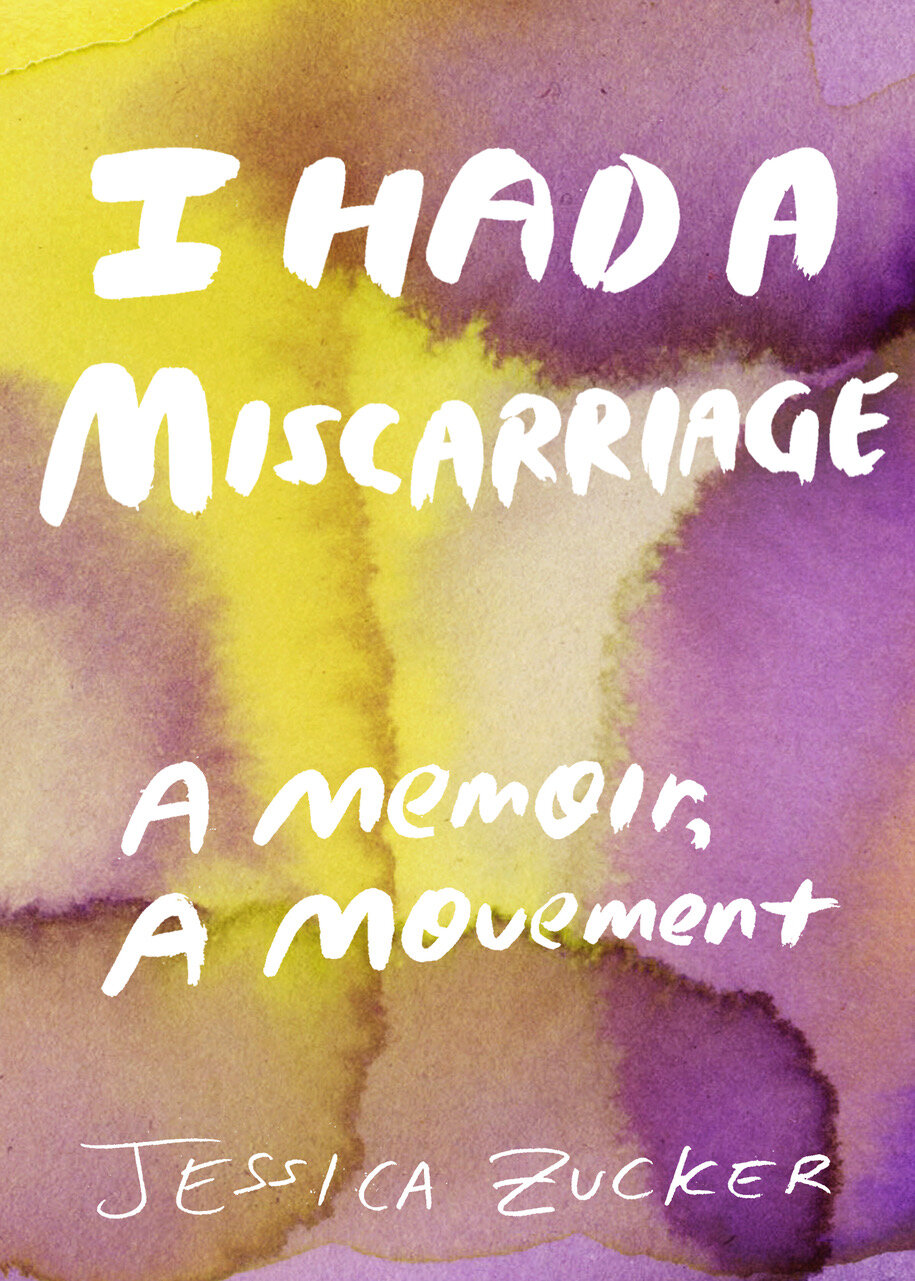If you enjoy reading Electric Literature, join our mailing list! We’ll send you the best of EL each week, and you’ll be the first to know about upcoming submissions periods and virtual events.
When I was thinking of pursuing single motherhood, I sought out books—fiction and nonfiction—about motherhood and parenting. What I ran into, again and again, were variations on the same story: white woman (most of the time), partnered or married (always to a man), usually upper-class, who gets pregnant easily and is more or less happy about the outcome. The stories typically end happily, with no prolonged rounds of IUI or IVF, no worries about insurance or tens of thousands of dollars spent and not winding up with a viable pregnancy – these stories were mostly absent six years ago. The boundaries of what we think of when we think about motherhood can be exclusionary and narrow. What we need are new representations of what motherhood—parenthood, really—is, and what it can look like.
Recently I read two books that especially got me thinking about this: Detransition, Baby by Torrey Peters, and The Natural Mother of the Child: A Memoir of Nonbinary Parenthood by Krys Malcolm Belc. Belc in particular dissects the motions and intricacies of parenthood and all of the societal constructs around it. He carried his son Samson, and the experiences of conception, pregnancy, and nursing helped to clarify his gender identity as a nonbinary, transmasculine parent. Yet on the birth certificate, Belc is listed as the “natural mother of the child.” We haven’t yet made the space for parents who don’t fit the assumed binary. (You’ve probably gotten a hundred emails about discounts and promotions for Mother’s Day this weekend, but I bet you didn’t get any for the nascent Nonbinary Parents’ Day in April). And we haven’t made room for other motherhood and parenthood narratives that don’t fit our assumed ideal, or the conventional paradigm. These books are starting to turn the tide.

Catalogue Baby: A Memoir of (In)fertility by Myriam Steinberg
Shortly after turning 40, Myriam Steinberg decided to pursue single motherhood. After picking a sperm donor, she figured the rest would be straightforward. This engrossing graphic memoir details Steinberg’s journey through procedures, pregnancies, losses, and all of the cultural and societal taboos we have around these things. Without language and shared experience, these are harder and more isolating—but Steinberg found solace in the support she did have. This book takes an unflinching look at how we frame motherhood and loss, and is a quiet call for more openness, while providing camaraderie for those who have gone through something similar.
Revolutionary Mothering: Love on the Front Lines edited by Alexis Pauline Gumbs, China Martens, and Mai’a Williams
This anthology, centering marginalized mothers and mothers of color, focuses on those recreating the motherhood space. These mothers discuss capitalism, revolutionizing the practice of motherhood, single motherhood, queer motherhood, collective mothering, adoption, teen motherhood, and more. These pieces dare to imagine and set forth a new look at what mothering and parenting can be, and how we can work together to get to that place.
The Other Mothers: Two Women’s Journey to Find the Family That was Always Theirs by Jennifer Berney
When Jennifer Berney and her wife Kelly decided to start a family, they assumed they’d go to a fertility clinic and proceed from there. When they went, they realized that medical facilities just didn’t know how to handle couples that weren’t heterosexual. There was no space on the forms for them, the doctors and nurses were uncomfortable or downright rude, and the process didn’t take them into account. Turning to alternatives, Berney researches fertility and family-building in the LGBTQ+ community, and pursues her own path to starting a family with her wife.
Motherhood So White: A Memoir of Race, Gender, and Parenting in America by Nefertiti Austin
In this hybrid memoir/cultural exploration, Nefertiti Austin tells her story about adopting as a single Black woman. She looks at the history of adoption, especially in the Black community, breaks down the stereotypes and assumptions of single mothers—particularly Black single mothers—and writes about what it’s like raising Black children in today’s world. It is an honest look at her experience of single motherhood and the intersections of race and parenting, which all-too-often are ignored in most parenting books.
With Teeth by Kristen Arnett
Sammie and Monika are raising their son Samson, and motherhood isn’t quite what Sammie expected. She is downright scared of her son, a sullen boy prone to outbursts and creepy behavior. Working from home, she tries her best to manage her life and mother Samson, but starts to resent her wife Monika. As the years go by, Sammie’s frustration keeps building and her relationship with Monika starts to unravel. When Samson’s aggression can no longer be ignored, Sammie is confronted with her own responsibility in the situation. What follows in this story is a look at the shifting roles in a family, the changing dynamics of marriage, and the narratives we tell ourselves.
Red Rock Baby Candy by Shira Spector
Spector describes herself as “an infertile, high-femme, low-income, non-biological Jewish mom, dyke drama queen and ectopic pregnancy survivor.” This oversized, lush graphic memoir draws you in to follow Spector over a decade of her life, including trying to get pregnant, infertility, her father’s illness and death, and relationship dynamics. It is a brash, personal look at Spector’s story, reminiscent of getting a peek into a chaotic and beautiful personal sketchbook.
I Had a Miscarriage: A Memoir, A Movement by Jessica Zucker
Pregnancy isn’t part of every parenthood story, but for many people who have wanted to become parents by giving birth, miscarriage is a common but underdiscussed experience. Zucker is a psychologist who specializes in reproductive and maternal mental health. She’s seen countless women struggling with infertility, miscarriage, pregnancy and parenthood, and everything in between—but when she miscarried her second pregnancy at 16 weeks, home alone, she wasn’t prepared for just how much it would change her life. She found that people didn’t know how to react afterward. There is still a stigma around miscarriage, and Zucker realized how important and necessary it was for people to start speaking up. She uses her own story, and those of others, to create a call for change.
